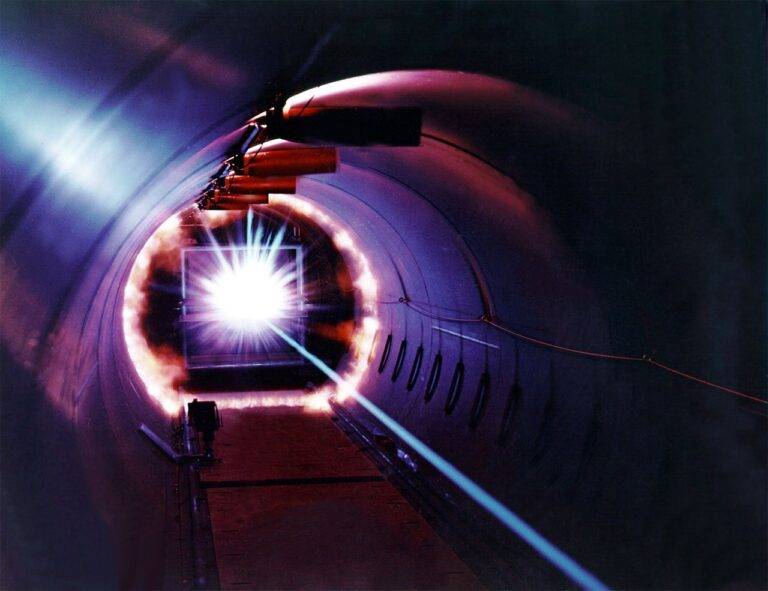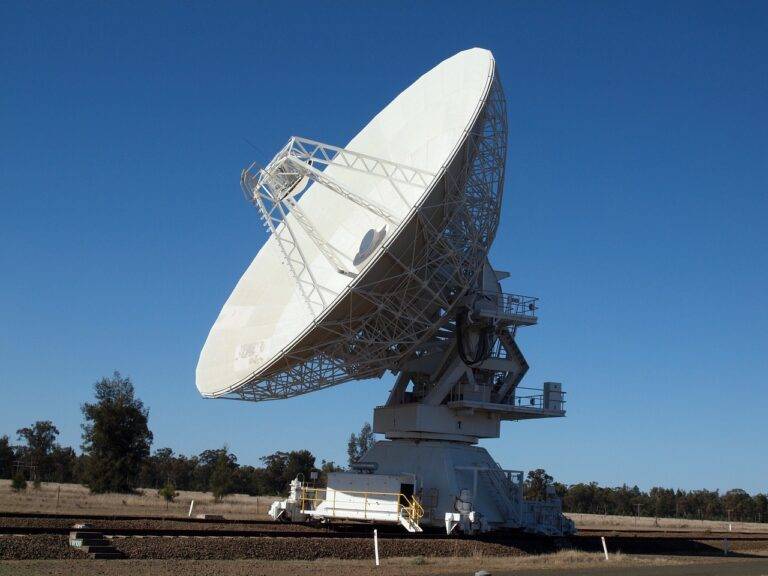The Rise of AgriTech: Farm Management Software, Crop Monitoring, and Agricultural Drones
In recent years, the agriculture industry has undergone a significant transformation with the rise of AgriTech. This technological revolution has enabled farmers to streamline their operations, increase efficiency, and improve yields. Three key technologies driving this transformation are farm management software, crop monitoring systems, and agricultural drones. In this article, we will explore how these technologies are reshaping the agricultural landscape and revolutionizing the way farmers work.
Farm Management Software
Farm management software is a powerful tool that helps farmers optimize their operations and make data-driven decisions. These software solutions enable farmers to track inventory, manage equipment, monitor crop growth, and analyze yields. By leveraging data analytics and automation, farmers can improve productivity, reduce costs, and maximize profits.
One of the key benefits of farm management software is its ability to centralize data and provide real-time insights. Farmers can access crucial information such as soil health, weather patterns, and crop performance from any device, allowing them to make informed decisions on the go. These software solutions also help farmers identify trends, detect anomalies, and implement corrective measures to boost efficiency.
Crop Monitoring Systems
Crop monitoring systems are another vital component of AgriTech that is revolutionizing the way farmers manage their crops. These systems utilize sensors, drones, and satellite imagery to track plant health, soil moisture levels, and pest infestations. By monitoring these factors in real-time, farmers can optimize irrigation, pest control, and fertilization practices to maximize yields.
One of the key advantages of crop monitoring systems is their ability to detect issues early and prevent crop damage. By identifying potential problems before they escalate, farmers can take proactive measures to mitigate risks and protect their crops. These systems also enable farmers to monitor crop growth, identify nutrient deficiencies, and optimize planting schedules to achieve higher yields.
Agricultural Drones
Agricultural drones have become an indispensable tool for modern farmers looking to improve efficiency and productivity. These unmanned aerial vehicles (UAVs) are equipped with cameras, sensors, and GPS technology to capture high-resolution images of fields, analyze crop health, and monitor livestock. By providing a bird’s eye view of the farm, drones help farmers make informed decisions and improve operations.
One of the key benefits of agricultural drones is their ability to cover large areas quickly and accurately. Drones can survey fields, assess crop conditions, and identify problem areas in a fraction of the time it would take traditional methods. This real-time data allows farmers to react swiftly to changing conditions, make informed decisions, and optimize resources for maximum impact.
The Future of AgriTech
The rise of AgriTech is transforming the agriculture industry, enabling farmers to farm smarter, not harder. As technology continues to advance, we can expect to see even more innovative solutions that revolutionize the way we grow food. From precision agriculture and vertical farming to robotic harvesting and artificial intelligence, the future of AgriTech holds endless possibilities for improving sustainability, resilience, and efficiency in agriculture.
FAQs
1. What is AgriTech?
AgriTech refers to the use of technology in agriculture to improve efficiency, productivity, and sustainability. It encompasses a wide range of technologies, including farm management software, crop monitoring systems, and agricultural drones.
2. How does farm management software help farmers?
Farm management software helps farmers optimize their operations by centralizing data, providing real-time insights, and enabling data-driven decisions. These software solutions help farmers track inventory, manage equipment, monitor crop growth, and analyze yields.
3. Why are crop monitoring systems important?
Crop monitoring systems are important because they enable farmers to track plant health, soil moisture levels, and pest infestations in real-time. By monitoring these factors, farmers can optimize irrigation, pest control, and fertilization practices to maximize yields and prevent crop damage.
4. What are the benefits of agricultural drones?
Agricultural drones provide farmers with a bird’s eye view of their fields, enabling them to capture high-resolution images, analyze crop health, and monitor livestock. Drones can cover large areas quickly and accurately, allowing farmers to make informed decisions, react swiftly to changing conditions, and optimize resources for maximum impact.





